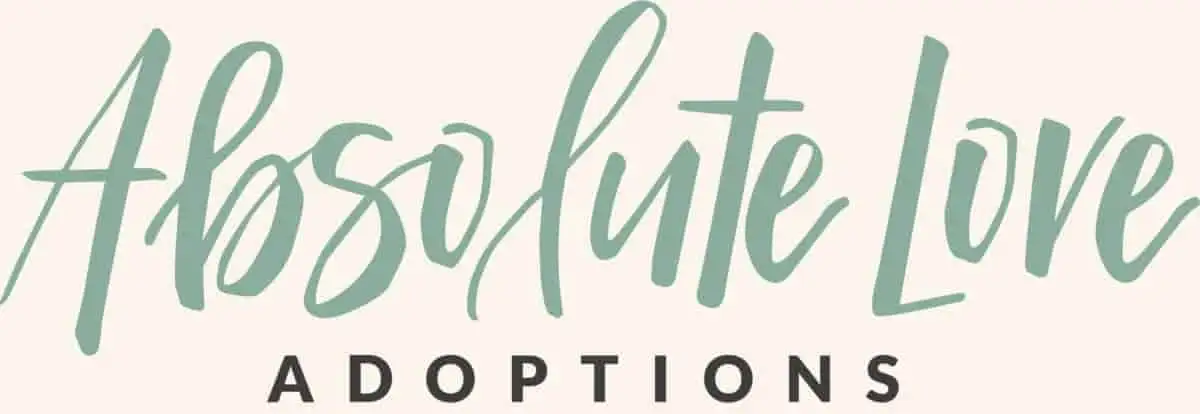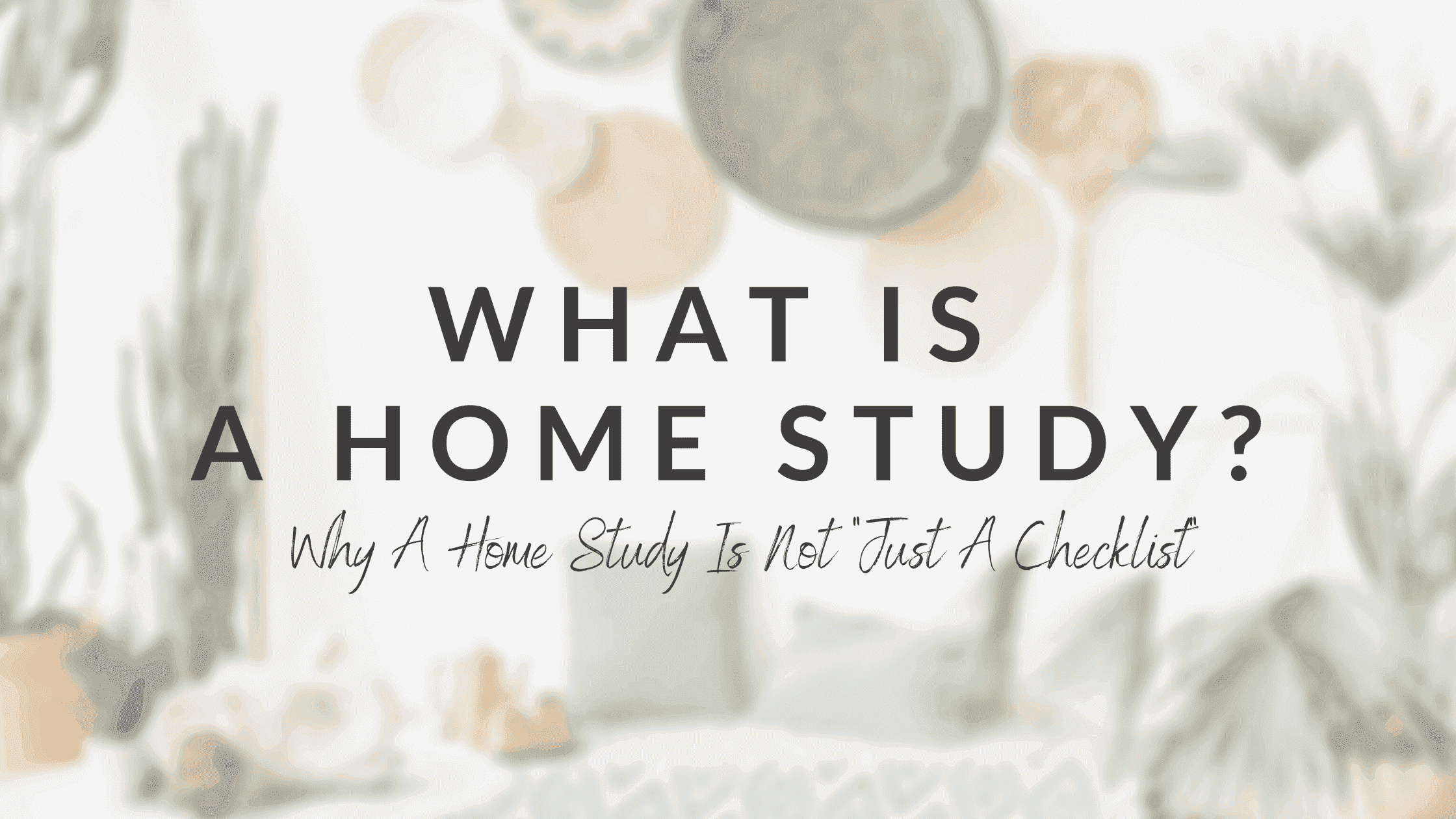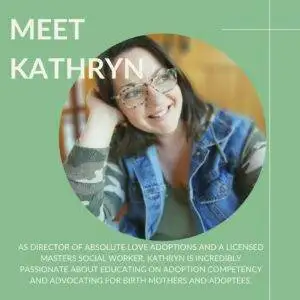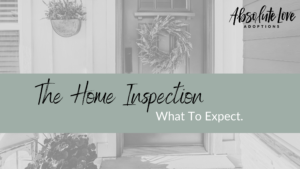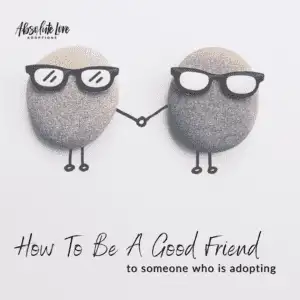Whatever route you take to adopt a child, you will require a home study. So, what is it?
The simplest explanation is that a licensed social worker (Independently contracted or an employee of a licensed agency) in your state of residence reviews a checklist of items you submit, conducts a series of interviews and then writes a lengthy report either approving or denying you to adopt.
The report summarizes who the applicants are as people, potential parents and assures that in their professional opinion, the applicants can or cannot be recommended to adopt.
This home study process is intended to be collaborative and to create a foundation for life-long success for you, your child and their birth family.
A home study experience is not designed to be a singular event. It certainly isn’t a just a checklist of tasks to obtain a professional signature and the stamp of approval. It is a *process*, a study of who you are and how those complex and unique variables will enhance and challenge your pursuit of becoming adoptive parents. The findings from this *study* should guide you and your team towards finding the ideal adoptive situation for you as it pertains to age, race and number of children, medical diagnoses, openness of birth parent relationships and anything else you hold of high value. We utilize this information to help identify the characteristics of a child and birth family that would be best suited to become a part of your family.
So how does a home study work?
The first step is submitting an application fee which gains you access to our digital portal. Once set up, you can begin working on the checklist of required documentation. This includes demographics, background checks, finances, an autobiography and a whole lot more! Everything is submitted digitally. We receive this information and review it to ensure all the basic criteria are met and that nothing in your background would disqualify you from adoption.
While you are collecting documentation, you will be invited to our course, A Tale of Two Mothers (cost included in Home Study fees). This meets 8 of your 20 hours of required education and starts your foundation of adoption competency.
Once the paperwork is completed, you pay the Home Study Fee and schedule a series of 3 interviews and a home inspection. All of the interviews are done virtually, and the final home inspection is in person. Each interview is 1.5 hours or longer. The first is a joint interview with both partners where we discuss the desire to adopt, your marriage, plans for childcare and guardianship, religion, parenting philosophies, openness and expectations of adopting. The second is an individual interview with 1 partner, and the third is an individual interview with the 2nd partner. We discuss your childhood, the way you were parented, your hobbies and career and your goals for the future.
The interviews are also an opportunity to ask questions you have about adoption in general, or the process.
We want to see the authentic you —the strengths and the challenges – and learn how all of that defines you. We know that people are dynamic and are seeking to understand how your past and present will support parenthood through adoption.
The Home Inspection
The final visit is an in-home visit with an Adoption Specialist. We want to get an idea of how a child will physically fit into your life, so we conduct a home inspection. All family members and pets must be present.
We want to see that your house is clean, but we are not going to take a white glove to your baseboards so don’t go overboard. We use a checklist to help us assess the space, but our basic goal is to ensure the home exists, is in working order and is appropriately clean and safe for a child.
We will ask to see:
- Fire extinguishers
- Smoke/CO2 detectors
- Storage of weapons
- Safe storage of cleaning supplies and lawn/household chemicals
- Bodies of water including pools, ponds or hot tubs
- and more!
So, what happens if we hear or see something that might be of concern?
Rest assured that all families have challenges. You wouldn’t be human if you didn’t
If we identify an area of concern, we work together to come up with a plan to address it. Ideally, after education and further discussion, we will reduce the impact of that concern to a level that is no longer concerning.
For example, if you have a pet in your home that is not well behaved, we may suggest completing an obedience class with your pet. We will ask you to create animals in your home, we will create a safety plan so that if the addition of a child into your home creates unsolvable issues or aggressive reactions in your pets, you’ll have an emergency plan in place.
If you are open to adopt a child that is not of your same race, you need to show evidence that you can adequately invest in your child’s racial identity. If observations do not support that, we’ll recommend that you pause your home study process and spend some time learning about transracial adoption. You’ll either create a plan with your new knowledge to demonstrate how you understand race and how that effects adoption, or perhaps you’ll discover either your family or your community does not lend itself well to a transracial adoption.
These are undoubtedly difficult conversations and as such, a safe space to explore these topics is crucial for this relationship to work. The agency and the family being studied must have a rapport that allows for collaboration and problem solving.
The professional identifying areas of concern in your life or home is not a means to insult you or kill your dream of adopting, but rather so we can work together to figure out how to remediate that concern. If that is not achievable, we may identify together that adoption may not be appropriate for your family.
Honesty, openness and alignment are necessary in our relationship to get the most of this home study experience.
So, after the interviews and home visit what happens?
The Adoption Specialist takes all the checklist items, interview content and home inspection data and compiles a 15+ page report. We send the document to you to review and edit within a few weeks of your Home Inspection. When you feel it is the best, most honest reflection of who you are, we finalize it and send it to your placing agency(ies)/attorney/consultant and you are officially recommended to adopt.
You are home study approved! This means you can accept placement of a child from that day on.
Congratulations!
Now what?
As a hopeful adoptive parent, you are encouraged to use the time after approval and before a match to deepen the understanding of the common experiences within the adoption constellation. Continue learning about adoption and the lifelong relationship with identity, grief and loss, all of which will affect your and your child’s identity, their place in their families and their relationship with peers, themselves and you!
Your time during Home Study offers 20+ hours of education but please use our resource page to further your competency. Follow us on social media where we share new resources we come across.
*Tip!*
An adoption professional’s responsibility to you is to produce an evaluation, not to approve you. There ARE certainly families who pursue adoption who are not safe, healthy places for children and do not obtain approval.
Let us know how we can help you on your journey!
